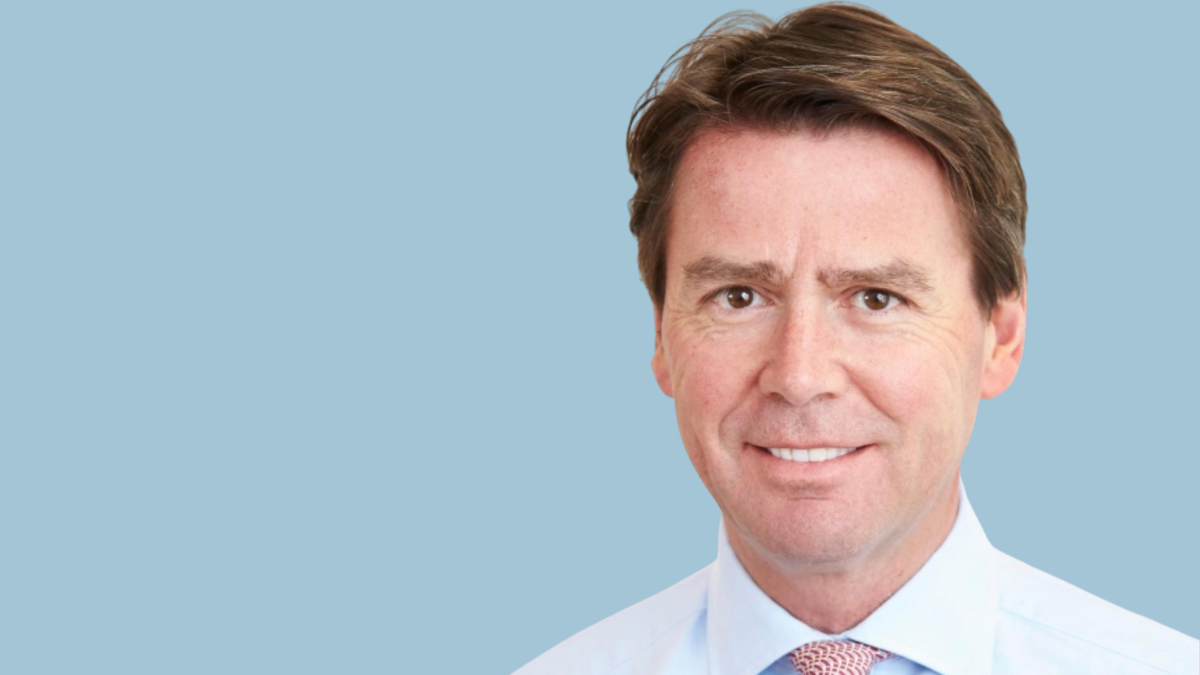For hedge funds, one more bust before the boom
Hedge funds globally are growing more confident of their prospects, according to new data released by the Alternative Investment Management Association (AIMA). Market volatility and a gloomy economic outlook are giving them a golden opportunity to reassert their value to investors.
“From a performance perspective, the average hedge fund is down between 4-6 per cent on the year (according to various data providers), although some hedge fund strategies, (global macro and managed futures to name but two) are delivering some very strong gains for their investors,” AIMA’s report says.
“By comparison, a 60/40 portfolio investor (for a long time regarded as being the optimum investment strategy for pension plans and other institutional investors) has lost nearly 20% year to date. While investor appetite for hedge funds gives reason for cautious optimism, headwinds (in particular regulatory and compliance issues) continue to intensify.”
AIMA, which is headed up by internationally by CEO Jack Inglis (photo at top), surveyed 389 hedge funds accounting for around US$3 trillion FUM globally. The average measure of confidence in the economic prospects of their business was +25.4, the highest score since the inception of the AIMA confidence index two years ago, with hedge funds from the Asia-Pacific region returning +23.6 on the index.
At the same time, Preqin’s recent Future of Alternatives 2027 report shows that the road forward won’t be without bumps. While there’s “no question” that hedge funds bailed out many portfolios when the Covid crisis ripped through markets, and were a major driver of performance for allocators in Q2, it hasn’t been enough to prevent investors withdrawing their capital, with the industry experiencing its “first significant outflow” (-$32 billion) in Q2 2022.
“Our view is that the industry will experience more outflows and pullbacks before bouncing back,” Preqin’s report says. “The US Federal Reserve has already increased rates substantially, as have the Bank of England and European Central Bank. based on the guidance given by central banks, further rate hikes are expected over the next 12 months. This means additional volatility and potential declines – h especially if the global economy enters a recession in the second half of 2022 or the first half of 2023.”
“Investors need to remember that hedge funds benefit from market stress, which causes dislocations in the market. This leads us to believe that their risk-adjusted performance will be comparable to previous periods. The strategies that are expected to benefit most from this environment in the near term are macro strategies, CTAs, and relative value strategies.”
But hedge funds in the APAC region are still “struggling to gain traction”, with allocations to them sitting at an average of 5.9 per cent compared to 9.1 per cent in the United States. Preqin expects that APAC FUM growth will remain low and that, like their global peers, the region’s hedge funds will experience further decline before participating in a “bounce back.”
“Geopolitical tensions are far from over and recessionary pressure is still very much present in the region, forcing the central banks to revise their monetary policies or instigate contingency plans,” the report says.
“Even countries that usually do not have high inflation, such as Japan, are dealing with spikes in prices. Among major economies in the region, China is the only country that is cutting rates to help its real estate market and local economy. It is fair to say that regional conflicts are also adding fuel to the fire in APAC.”











